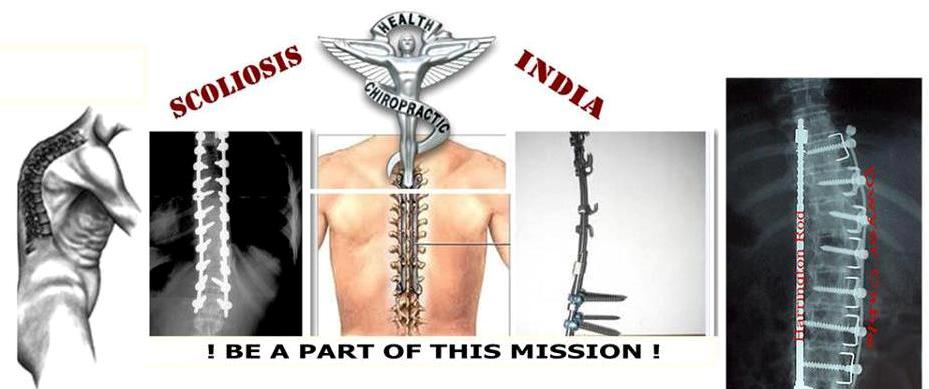___________________________________________________________________________________
Newly set up Spine Unit at Burjeel Hospital seeing many teenaged patients
________________________________________________________________________

Sebouh Z. Kassis, spine surgeon at Burjeel Hospital’s newly set up Spine Unit
Abu Dhabi Sedentary lifestyle and obesity are two reasons why UAE residents, including teenagers, are developing issues with their spinal cord, according to leading spine specialists in the UAE.
“Degenerative spine diseases, slip disc, narrow spinal cord and vertebral fractures are becoming common among UAE residents because of lack of exercise and lifestyle issues,” said Sebouh Z. Kassis, spine surgeon at Burjeel Hospital’s newly set up Spine Unit.
He said many studies have established the link between spinal deformities and overweight. “The lower back takes most of the load of the body and hence one has to maintain one’s weight to avoid or delay the onset of back problems.”
He said in the UAE, people spend sit at their office desks or standing in one place for long hours which can have an adverse effect on one’s posture and lead to back problems. Taking regular breaks and doing appropriate exercises are essential to ensure a strong back.
Dr Kassis said, “We are also treating many teenagers and young children with spinal abnormalities, including scoliosis. Though genetics is one of the main reasons for this problem, the majority of cases has no known cause and are idiopathic. The condition usually occurs in adolescents after the age of 10,” said Dr Kassis.
Dr Firas M. Husban, another spine specialist at Burjeel Hospital, said “The incidence of scoliosis is higher among girls than boys. Mild cases of scoliosis don’t hamper regular activity; however, the more serious cases can limit one’s functioning, cause pain, obstruct breathing and even have a psychological impact on the person.”
The doctors said the unit recently treated two young girls: Layla Chamiloris, 16 and Bana Qubain, 13, both of whom had a history of idiopathic scoliosis.
“The management of scoliosis is subject to the severity of the curvature of the spine, along with other factors such as the child’s age and physical condition. Non-surgical treatment, such as bracing and physiotherapy, is always the first choice, with spinal fusion surgery being the final option for patients who don’t respond to bracing. Both the girls had curvatures that were affecting their day-to-day functioning and general quality of life. It was imperative that we helped these young teens get back to normal life as soon as possible,” said Dr Husban.
In general, maintaining a healthy weight through diet and exercise is imperative for a strong back. Obese and sedentary people tend to lose out as they do not get the benefits of regular physical activity.
Source : Gulf News , 3rd Aug 2016
